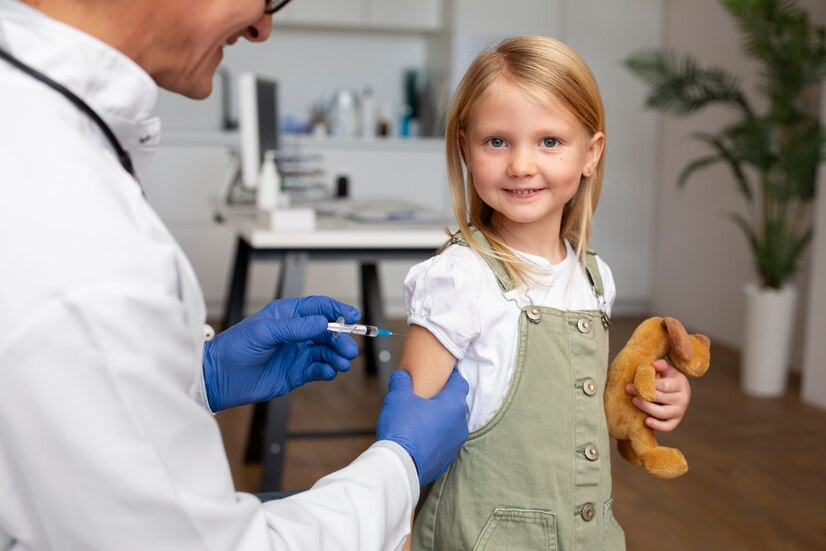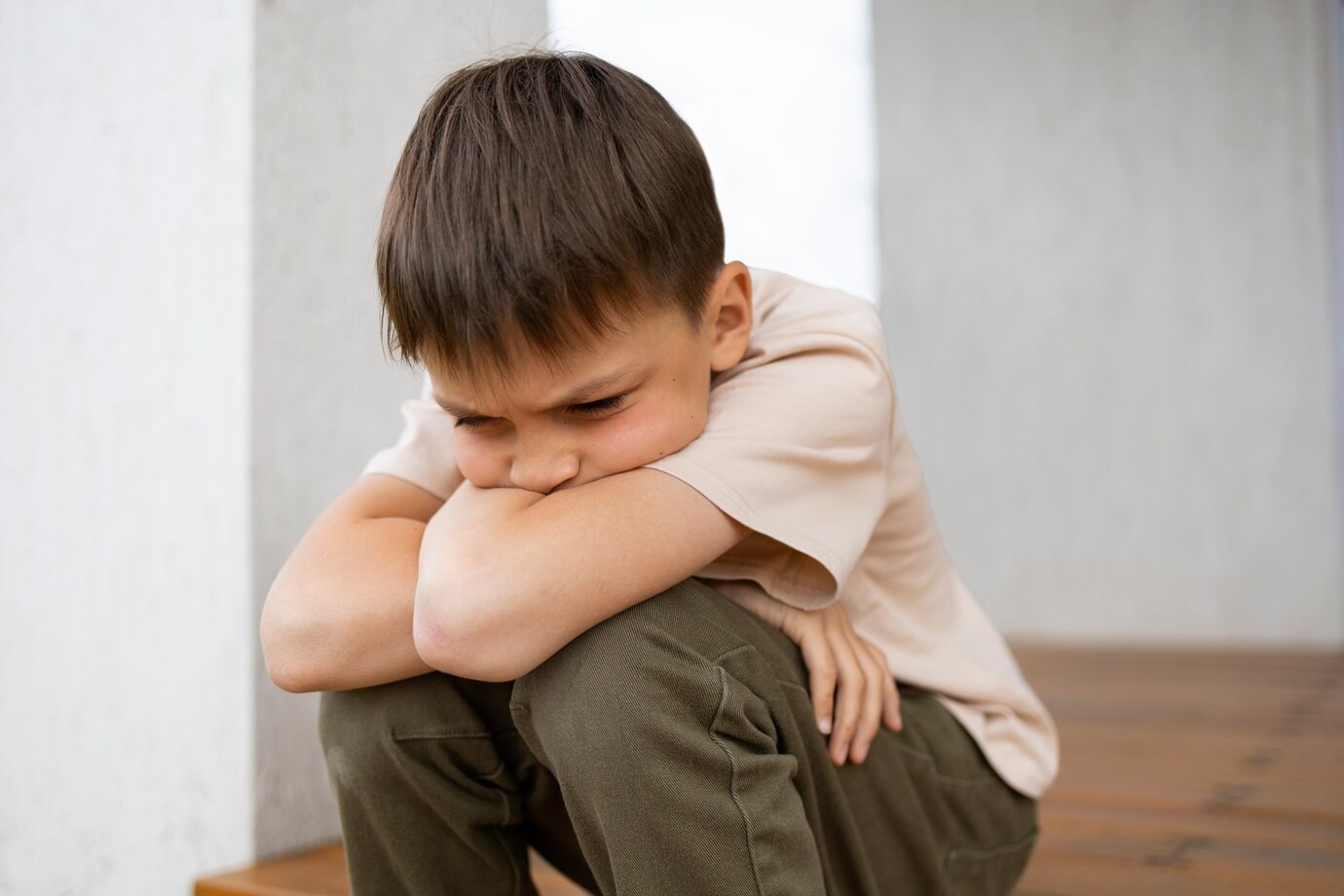Dari gencarnya program vaksinasi Covid-19 selama pandemi kemarin, diketahui bahwa sebenarnya banyak orang tidak menyukai jarum suntik, dan merasa takut akan jarum suntik. Tak hanya anak-anak, orang dewasa pria maupun wanita banyak yang menunjukkan rasa takutnya akan jarum suntik.
Takut Jarum Suntik Vs Fobia Jarum Suntik
Takut jarum sebenarnya adalah hal umum yang dialami, karena jarum menyebabkan rasa tidak nyaman dan sakit saat masuk ke dalam kulit. Trauma kecil ini dapat menyebabkan anak-anak rewel dan menangis ketika harus divaksin. Beberapa ketakutan akan jarum dapat berkembang menjadi parah dan menjadi fobia, yang dikenal dengan istilah Trypanophobia.
Trypanophobia adalah ketakutan yang berlebihan dan ekstrim terhadap prosedur medis yang melibatkan jarum, peniti, atau benda tajam lain. Tetapi orang-orang dengan trypanophobia biasanya secara khusus takut akan jarum suntik.
Fobia akan jarum suntik dapat secara intens menganggu kehidupan. Menyebabkan Anda melewatkan janji temu dokter yang diperlukan atau melewatkan perawatan yang dibutuhkan.
Baca Juga: Cara Membantu Anak Mengatasi Fobia Akan Kuman
Cara Membujuk Anak yang Takut Jarum Suntik
Anak dengan ketakutan dan fobia akan jarum suntik membutuhkan dukungan untuk mengelola perasaan takut yang dirasakan selama proses vaksinasi atau pengobatan yang diberikan lewat suntikan. Memiliki orang terpercaya di sampingnya akan membuatnya merasa lebih tenang selama menjalani prosedur.
Anda tidak bisa memaksa anak untuk tidak takut karena ketakutan bukanlah pilihan dan bukan sesuatu yang bisa dihilangkan. Tujuannya adalah untuk mengelola rasa takut yang cukup sehingga dapat menjalani prosedur penting yang berpotensi menyelamatkan.
Berikut adalah cara alami yang dapat membantu anak untuk tetap mendapatkan vaksinasi atau pengobatan yang melibatkan jarum suntik:
Gunakan kalimat positif untuk menceritakan pengalaman disuntik
Anda mungkin perlu menceritakan sedikit tentang bagaimana pengalaman disuntik. Rasa takut umumnya timbul karena ketidaktahuan akan suatu hal atau trauma yang pernah dirasakan. Dengan menceritakan pentingnya mendapatkan suntikan, akan ada sedikit perubahan pemahaman pada anak, walaupun mungkin ia belum mengerti sepenuhnya.
Pastikan mereka tahu Anda juga khawatir
Memintanya untuk tidak takut akan membuat anak tidak percaya bahwa Anda juga mengkhawatirkan keadaannya. Anda bisa mengatakan bahwa Anda juga merasa gugup dengan jarum suntik, namun ini adalah satu-satunya cara untuk mencegah sakit atau menyelamatkan nyawa.
Baca Juga: Ketahui Manfaat dan Jadwal Vaksin Rotavirus Anak
Jangan meminta maaf
Tidak perlu meminta maaf saat anak merasakan sakit karena mendapatkan vaksin atau obat melalui jarum suntik bukanlah sebuah kesalahan.
Ajarkan teknik relaksasi
Sebelum berhadapan dengan jarum suntik, ajarkan anak untuk rileks dan mengendalikan kecemasannya. Ajak anak menarik napas dalam-dalam dan menghembuskannya perlahan selama 3-4 kali atau lebih sampai anak merasa tenang. Berikan pelukan atau gengam tangannya selama proses penyuntikan sehingga anak tetap merasa aman.
Berikan semangat
Terus berikan semangat pada anak dengan mengucapkan kalimat positif seperti,
"Kamu bisa kok melakukannya"
"Ini mungkin terasa sedikit sakit, tetapi kamu akan baik-baik saja"
"Kamu hebat dan kuat, rasa sakitnya akan segera berlalu"
"Suntikan ini sedikit sakit namun akan membuatmu sehat"
"Ini mungkin akan terasa sakit, tetapi rasa sakitnya hanya sebentar saja"
Sepulang dari vaksinasi, buat rencana untuk membantu anak merasa tenang atau nyaman misalnya dengan membawanya makan es krim, membacakan cerita untuknya di atas tempat tidur, menemaninya bermain di di rumah, menonton film bersama, dan lain sebagainya. Kegiatan bersama yang dilakukan dapat membuatnya sejenak lupa akan rasa sakit dan rasa takut yang dialaminya, perlahan anakpun dapat belajar mengelola kecemasannya.
Membutuhkan informasi lebih lanjut mengenai vaksinasi Anak? Anda bisa mendapatkannya dengan berkonsultasi melalui aplikasi Ai Care bersama dokter kami.
Mau tahu informasi seputar kehamilan, menyusui, kesehatan wanita dan anak-anak? Cek di sini, ya!
- dr Hanifa Rahma
CDC (2022). Needle Fears and Phobia: Find Ways to Manage. Available from: https://www.cdc.gov/childrensmentalhealth/features/needle-fears-and-phobia.html
CHOC (2021). Kids and the fear of needles: What parents should know. Available from: https://health.choc.org/kids-and-the-fear-of-needles-what-parents-should-know/
Jody Thomas, PhD & David K. Becker, MD, LMFT, FAAP (2021). Taking Fear and Pain Out of Needles—for Your Child and You. Available from: https://www.healthychildren.org/English/safety-prevention/immunizations/Pages/Managing-Your-Childs-Pain-While-Getting-a-Shot.aspx
Cleveland Clinic (2022). Trypanophobia (Fear of Needles). Available from: https://my.clevelandclinic.org/health/diseases/22731-trypanophobia-fear-of-needles












